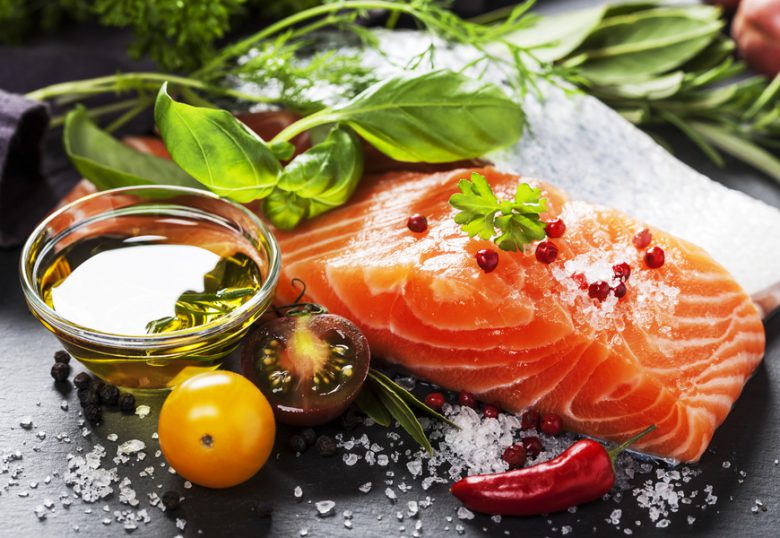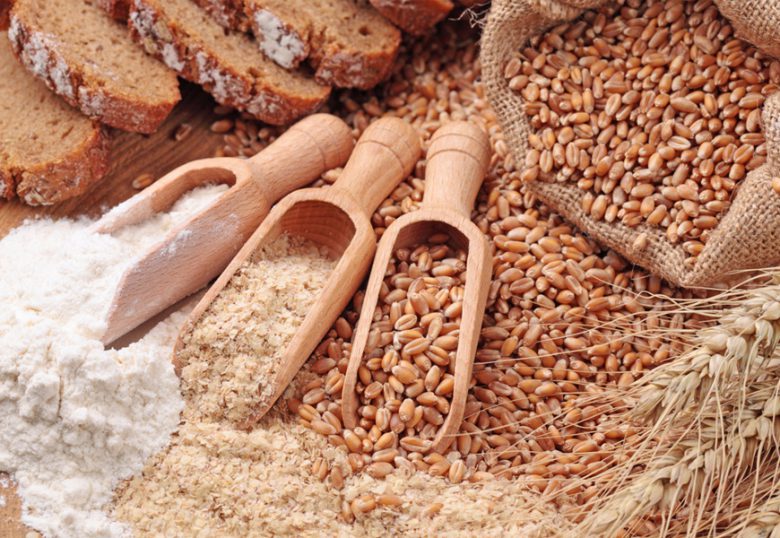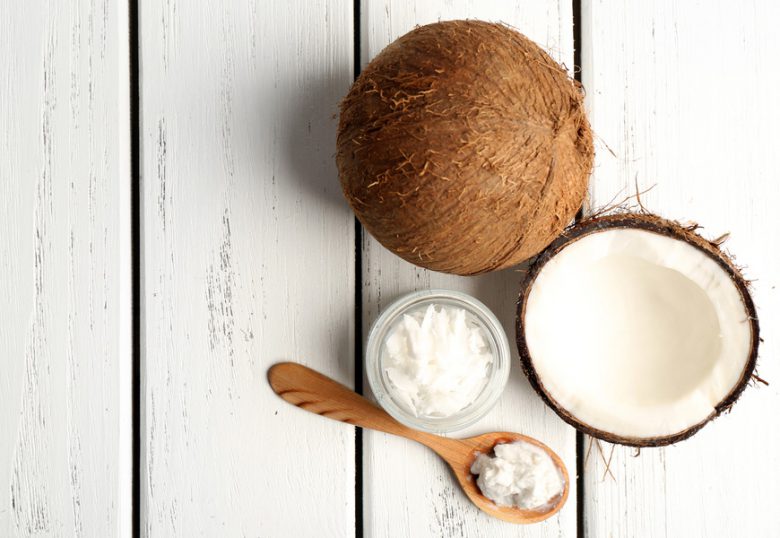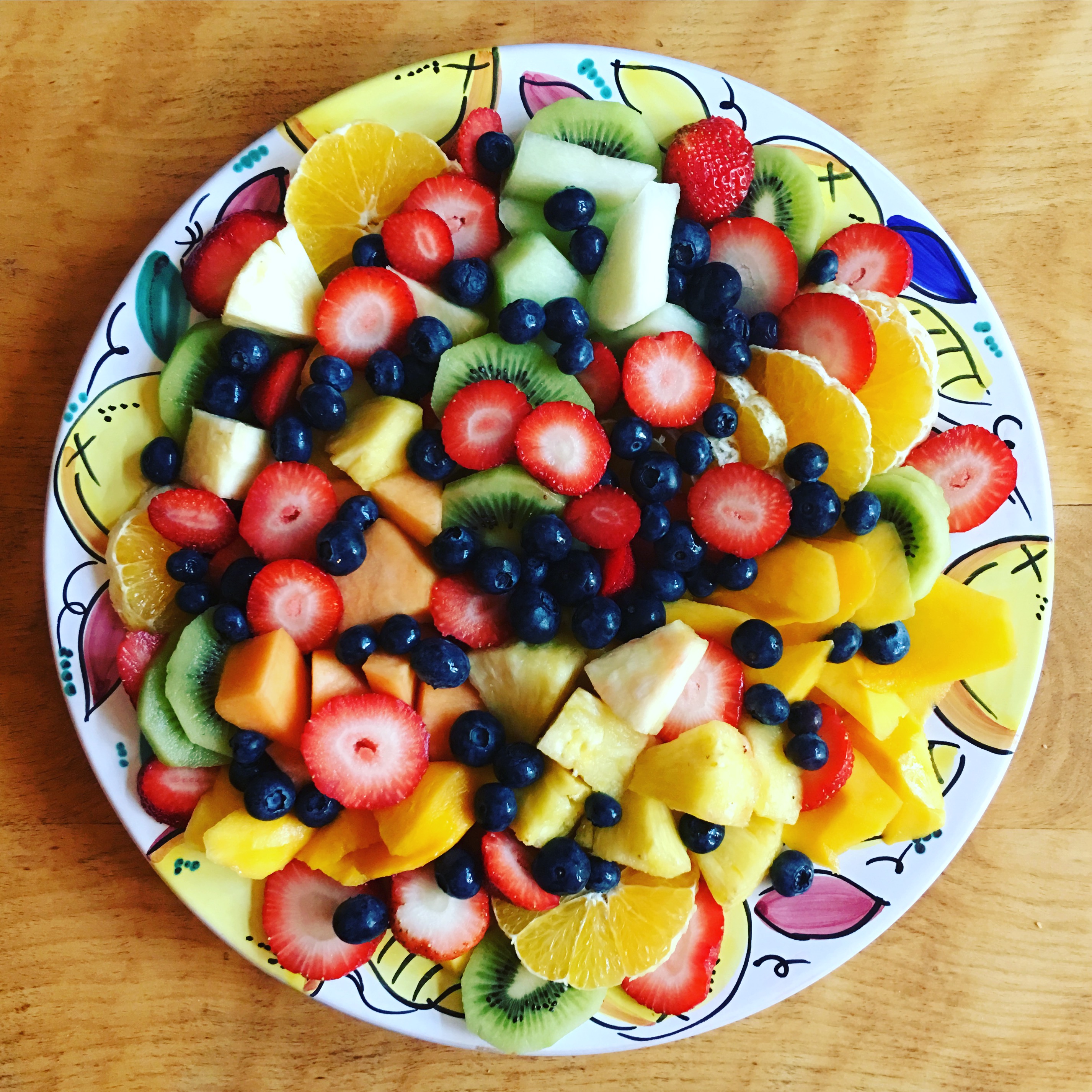Summer vacation has been pretty easy. When it came to preparing meals we just grabbed whatever was in the fridge and went on with our day. We also had access to fresh and local produce at local farmer’s markets and grocers. The peaches and tomatoes have been juicy, sweet, and abundant this year. Okay, we also barbecued a lot and maybe indulged in more lemonade and S’mores than any other time of the year. But now that those vacation days have come to an end and we’re past the back-to-school jitters, I’m onto the next dilemma. The thought of making lunches for them EVERY day is already filling me with fear.
It’s too easy to just slap a sandwich together and hope that the kid will eat it if he’s hungry enough. Now that we’re back at school I’m looking into foods that I can incorporate that also help with brain power. There is plenty of information out there from nutritionists, educational experts, and those in the medical field to tell us that certain foods can help support healthy brain development including memory and attention in us…and our kids.
I recently had a conversation with Nathalie Niddam, a holistic nutritionist who is based in Toronto, and picked her brain on how busy families can easily add in some beneficial nutrients into our daily diets. Nathalie tells me that when we’re looking at optimizing brain health and food we need to understand that the most important factors are hydration and healthy fats. She also explains that making school lunches doesn’t need to be such a chore. Nathalie often makes extra servings for dinner so there would be enough leftovers for the next day. “Not only is it a huge time saver but when you’re making dinner, that’s a great time to get your kid involved in prepping meals and packing their own lunches for tomorrow,” said Nathalie.
Here are 5 great foods to give your kid’s brain a boost:
BERRIES: Full of antioxidants, berries are known to help preserve the brain and rid it of toxins associated with memory loss. Think of it as nature’s housekeeper. Go for colourful blueberries, strawberries, and acai berries.It doesn’t matter if the berries are fresh or frozen and it’s easy to add them to a smoothie for breakfast or make as an after school snack. We call them nature’s candy in our home and just put out fresh bowls of them anytime we can.

FISH & OMEGA 3: DHA (docosahexaenoic acid) is important for brain functioning and your best choice is cold water fish like salmon (wild Alaskan is particularly good for it’s lower mercury count) as it helps improve focus. Nathalie knows that not all kids love fish so any kind of cold water fish they will eat is great. Try cod, halibut, sardines, and herring. Try making salmon cakes or fish sticks as most kids will love the crunch. Seafood, in general, is a great option for kids. If they don’t like fish, an Omega 3 vitamin supplement is a good option.
EGGS: We’re learning more about eggs, and the yolks, in particular, are an incredible source of choline that helps you remember daily things like locking the door or remembering to take your lunch box. Nathalie describes the egg as “the perfect little package of nutrients” and its versatility makes it a convenient choice for breakfast, lunch or dinner.

WHOLE GRAINS: Looking for whole grains as the first ingredient in your bread is important because the body breaks down carbs in whole grains slower – which in turn contributes to a better blood sugar flow overall. Oats or Oatmeal also helps balance blood sugar and makes things more consistent in the body, plus the brain can concentrate better. For those sandwiches, reach for whole grain breads and wraps that can easily replace other breads. Sprouted grains are even better and if you can get flax seeds and chia seeds included that’s great.

COCONUT: As an oil or unsweetened milk, coconut works as a natural anti-inflammatory. MCTs found in coconut oil are beneficial for the brain, offering energy without needing to be processed through your digestive tract like other fats. Researchers are using it to help treat those with neurodegenerative diseases like Alzheimer’s. You can cook with coconut oil and use coconut milk or water to make smoothies and puddings but skip flavoured ones that have added sweeteners. Snacking on coconut chips are okay as long as they aren’t sweetened as coconuts already have natural sugars.
WATER: This is huge for brain optimization. Surprised? Nathalie tells me that when her son was young, she noticed that at the end of the day he was dehydrated because the kids weren’t given enough opportunity to simply drink water. Dehydration can lead to kids being lethargic and irritable. It can also give them a sense of false hunger that can lead to being distracted or reaching for unhealthy snacks during recess. Check with your school’s in-classroom policy on having water bottles.
Recommended reading:
GRAIN BRAIN by David Perlmutter, MD
BRAIN FOODS FOR KIDS: Over 100 recipes by Nicola Graimes

Leave a Reply